Inside Cairo’s City of the Dead
Authorities planning to demolish historic graves in bid to ease traffic congestion
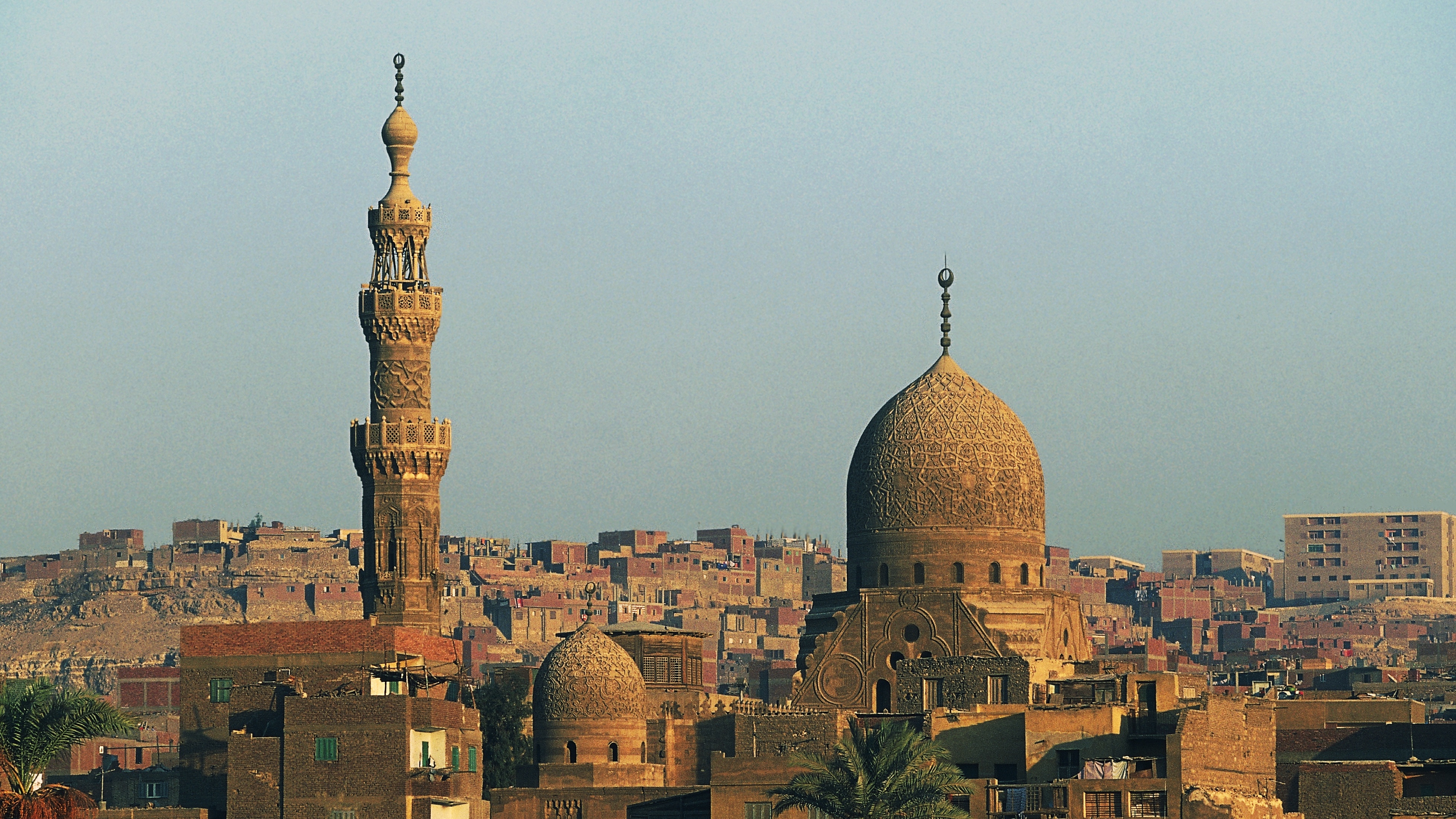
A free daily email with the biggest news stories of the day – and the best features from TheWeek.com
You are now subscribed
Your newsletter sign-up was successful
Cairo’s ancient City of the Dead is to be demolished under plans aimed at easing traffic jams in Egypt’s congested capital city.
Widely considered to be “one of the urban wonders of the world, and certainly among its most spectacular cemeteries”, said The Times, the vast burial site “sprawls across four square miles, its tombs ranging from the modest to the grandiose”.
“So spectacular and spacious is the cemetery that hundreds of thousands of locals choose to live there,” the paper added. But“ neither the quick nor the dead are to be spared” under government plans to demolish more than 2,000 tombs and build a ten-mile elevated motorway through the heart of el-Qarafa, the cemetery’s Arabic name.
The Week
Escape your echo chamber. Get the facts behind the news, plus analysis from multiple perspectives.

Sign up for The Week's Free Newsletters
From our morning news briefing to a weekly Good News Newsletter, get the best of The Week delivered directly to your inbox.
From our morning news briefing to a weekly Good News Newsletter, get the best of The Week delivered directly to your inbox.
‘Luxury homes, quick commutes’
In Cairo, where the total population is now nearing 22m, “every inch of sidewalk feels crowded”, said National Geographic. Cars drive “bumper-to-bumper, madly honking”, making the “idea of stillness seem alien”. But in the City of the Dead, the streets are “quiet”, “narrow” and “seem to wind forever”, the magazine continued.
No official figures are available on how many people live in the vast cemetery, which dates back 700 years. But the site is home to a “million or so tombs, each of which is a walled compound, some with buildings and fountains inside”.
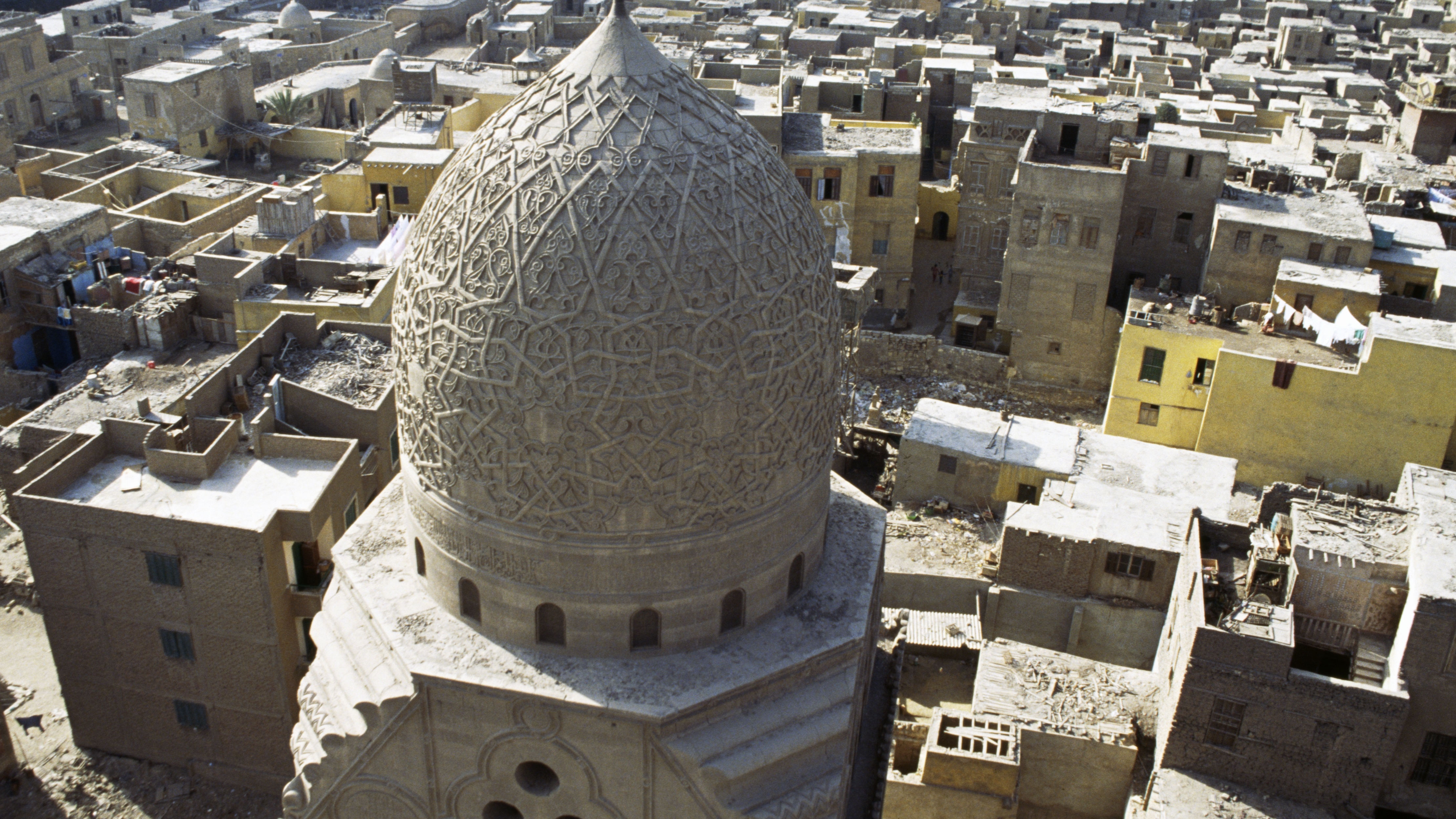
Yet despite its historical and architectural significance, Egypt’s general-turned-president, Abdel-Fattah al-Sisi, wants to “bulldoze” parts of the Unesco world heritage site to “make room” for the proposed motorway, The Economist reported.
With around two-thirds of Cairenes living in “shoddy informal housing”, few doubt that Cairo “needs an overhaul”, said the paper. But many fear that poorly paid workers will be “displaced” to pave the way for “quick commutes” for the city’s elites.
A free daily email with the biggest news stories of the day – and the best features from TheWeek.com
As well as threatening the homes of “hundreds of thousands of people”, said The Times, al-Sisi’s “ambitious plans to rebuild Cairo in his image” include bulldozing “the grandest area” of the site, a shrine to Imam al-Shafi’i, a scholar who founded one of the four schools of Islam.
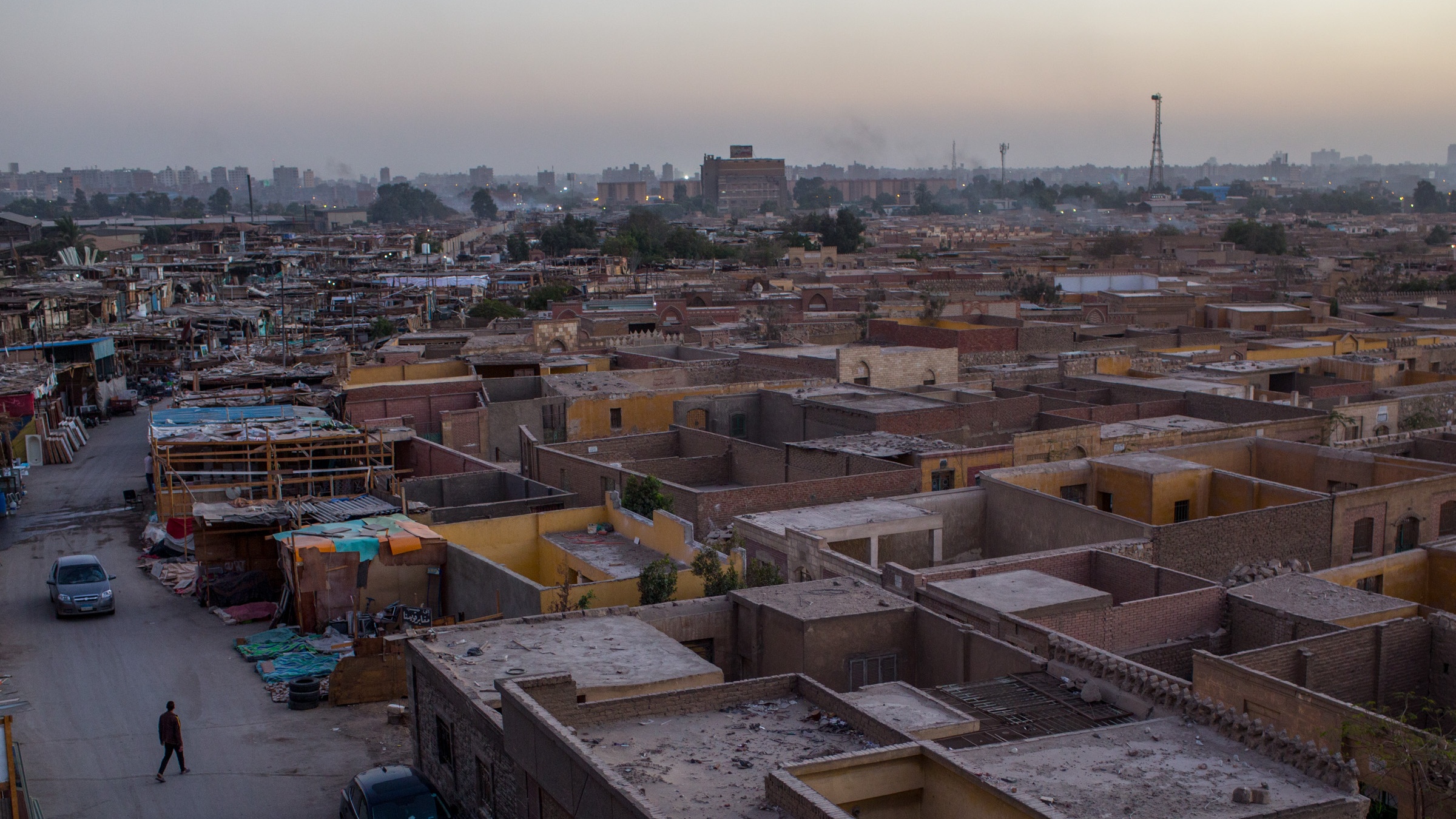
Hundreds of “individual plots” will also disappear, including the burial sites of “princes, writers and artists, as well as ministers like Adly Pasha Yakan”.
“Our entire family is buried here,” Wahid Mardenly, a businessman and member of an influential local family, told the Financial Times (FT). “These are people who served Egypt. My great-grandfather built the first port for agricultural produce on the Nile in Cairo. Everyone in my family feels broken by this.”
Preserving the past
Under al-Sisi’s watchful eye, Egypt is undergoing “a massive infrastructure drive”, the FT reported. His military government has “overseen a huge roster of projects that includes bridges, utilities, real estate – even a new capital”.
The Egyptian leader “hopes to reshape the country’s urban fabric”, said The Economic. But he is trying to achieve that goal “in a way that bespeaks a military man’s understanding of cities”.
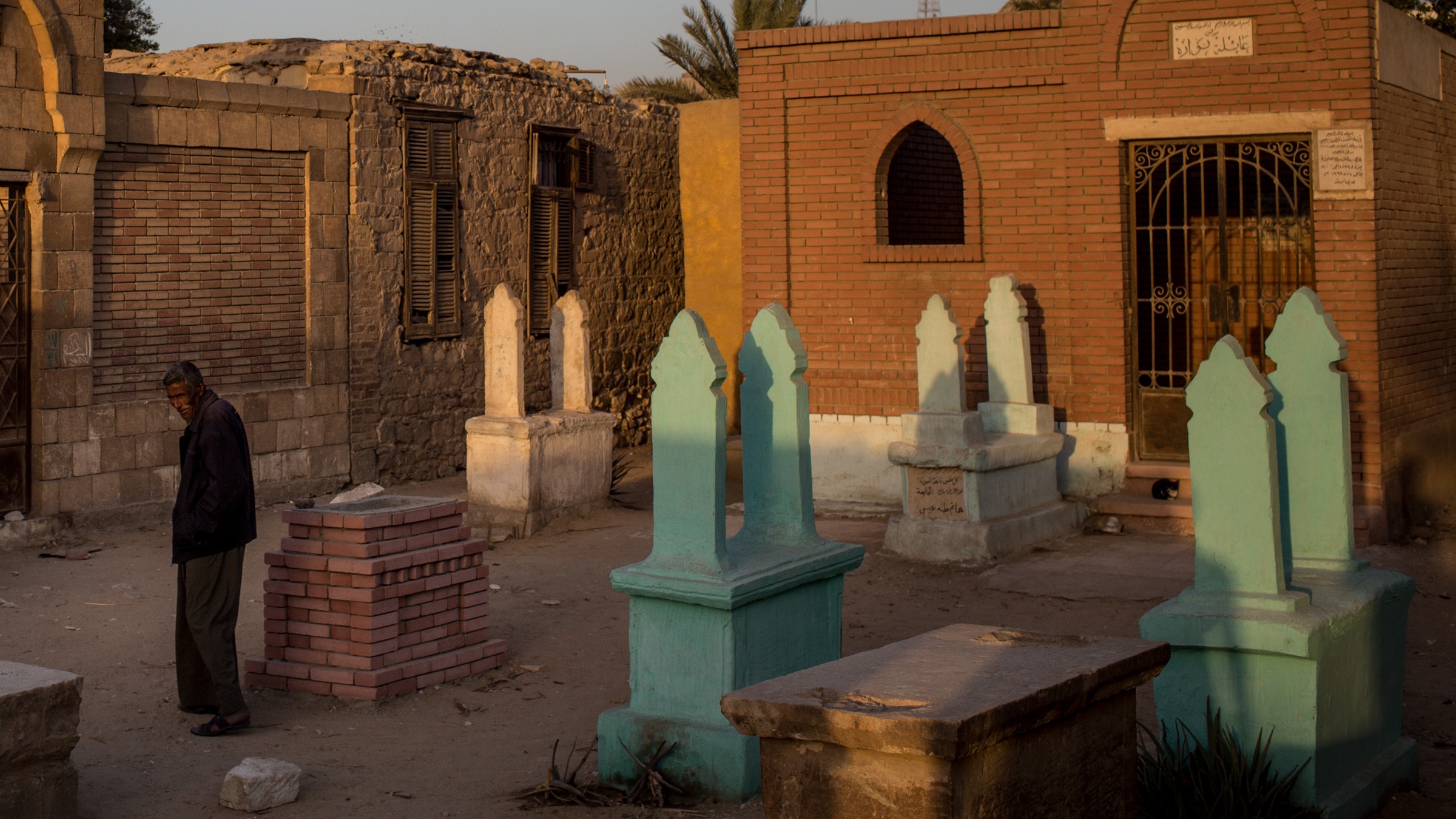
According to the paper, the president does not see cities “as messy, organic places where people live”, but rather as “orderly and functional spaces populated by like-minded, and mostly prosperous, groups”.
But the reality is that his plans threaten “not only a historical monument where Egyptians still visit their ancestors and bury the newly deceased”, said The New York Times, “but also a lively neighbourhood”.
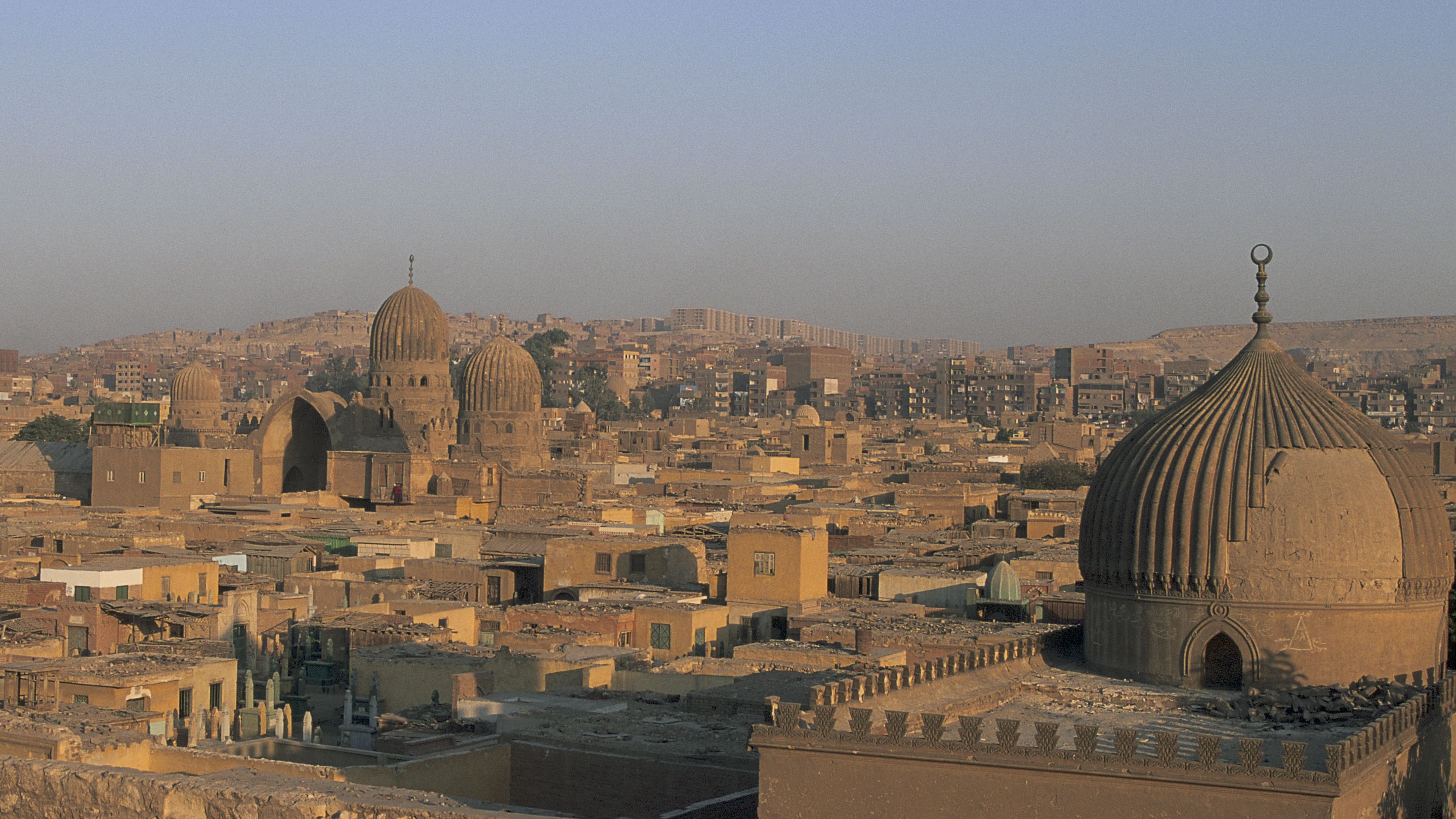
In the 1980s, Galila el-Kadi, “an architect who has studied the cemetery for decades”, estimated that the cemetery was home to “179,000 residents”, the paper added.
And destroying the tombs “has the added weight of severing emotional and social ties”, The National said.
“Losing this is losing a part of history,” said Dr Mostafa El Sadek, a physician and amateur historian who has documented the cemetery. “People think that the [cemetery] is an ugly place. No, it’s a place of beauty.”
-
 Local elections 2026: where are they and who is expected to win?
Local elections 2026: where are they and who is expected to win?The Explainer Labour is braced for heavy losses and U-turn on postponing some council elections hasn’t helped the party’s prospects
-
 6 of the world’s most accessible destinations
6 of the world’s most accessible destinationsThe Week Recommends Experience all of Berlin, Singapore and Sydney
-
 How the FCC’s ‘equal time’ rule works
How the FCC’s ‘equal time’ rule worksIn the Spotlight The law is at the heart of the Colbert-CBS conflict
-
 Epstein files topple law CEO, roil UK government
Epstein files topple law CEO, roil UK governmentSpeed Read Peter Mandelson, Britain’s former ambassador to the US, is caught up in the scandal
-
 Iran and US prepare to meet after skirmishes
Iran and US prepare to meet after skirmishesSpeed Read The incident comes amid heightened tensions in the Middle East
-
 Israel retrieves final hostage’s body from Gaza
Israel retrieves final hostage’s body from GazaSpeed Read The 24-year-old police officer was killed during the initial Hamas attack
-
 China’s Xi targets top general in growing purge
China’s Xi targets top general in growing purgeSpeed Read Zhang Youxia is being investigated over ‘grave violations’ of the law
-
 Panama and Canada are negotiating over a crucial copper mine
Panama and Canada are negotiating over a crucial copper mineIn the Spotlight Panama is set to make a final decision on the mine this summer
-
 Why Greenland’s natural resources are nearly impossible to mine
Why Greenland’s natural resources are nearly impossible to mineThe Explainer The country’s natural landscape makes the task extremely difficult
-
 Iran cuts internet as protests escalate
Iran cuts internet as protests escalateSpeed Reada Government buildings across the country have been set on fire
-
 US nabs ‘shadow’ tanker claimed by Russia
US nabs ‘shadow’ tanker claimed by RussiaSpeed Read The ship was one of two vessels seized by the US military